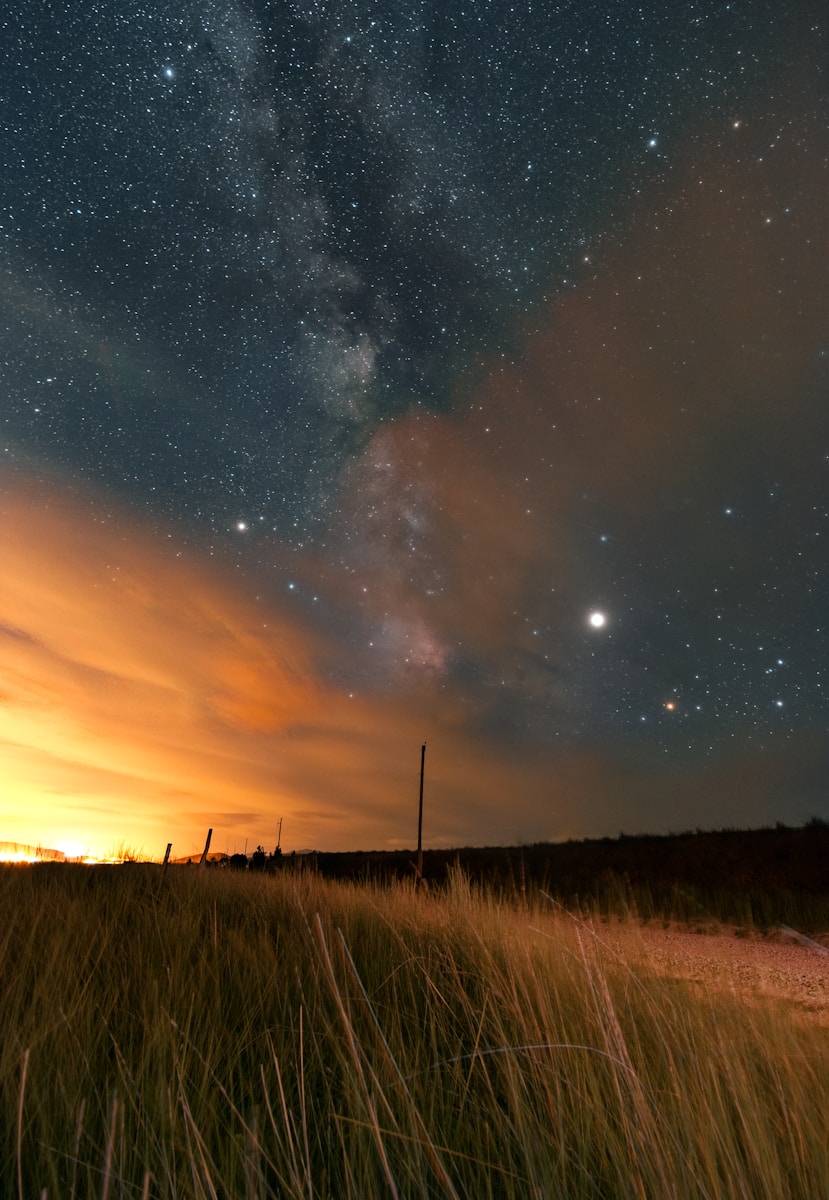A vignette on fragility.
S.R.,
“I live in trepidation of the fragility of all things.”
If you had said this to me, I would scoff, and roll my eyes, and perhaps respond,
“And if they should befall him–the loss of power and the ruin of his cities–why should he believe that to be some great thing?”
Plotinus, Enneads I.IV.6, 21-23 (my translation)
And nonetheless I stand here at the subway station by my house, in anticipation of the coming year, in the December cold, looking down at the street below, rehearsing the possibilities of my life in all its amorphous, unactualized potentiality, and think that we down here are in a constant state of passing away, that all things down here are subject to flux, that the manifestations of that Good in our lives are subject to change, and variation, and that these manifestations and their combinations are as fragile as the crystalline composition of snow that I anticipate in the coming months.
“You’d say, I think, that the sun furnishes not only visibility to visible things, but also their coming-to-be, and growth, and nurture, though it is not itself generation… And you’d say that things which are known, not only are they known by the presence of the Good, but also that their existence and essence is given to them by it, although the Good is not essence, but beyond essence in rank and power.”
Plato, Republic VI. 509b2-10 (my translation)
I am consoled by the thought that we are amphibious creatures, that we inhabit two worlds simultaneously–the one down here, the one up there. The realm of the Becoming, the realm of Being. That we are, as it were, both, and neither-nor.
I am skeptical of the notion of the undescended portion of the soul that we find in Plotinus. That there is a part of us that is always There (in the intelligible world), yet I understand the metaphysical and epistemological necessity of it (cf. Enneads IV.8.8, 1-3) . If there is some portion of us that never left the world there, then there is always a way back, and we relieve ourselves of the onus of having to explain away the problem of a return to unity from multiplicity, or how we can have knowledge of the Intelligible world, as we find in the Parmenides
“But, really,” said Parmenides, “if someone were to deny that there are Forms of these things which exist… in this way he would destroy the power of discussion entirely… What will become of philosophy? Where can we turn, if these things are unknown?”
Plato, Parmenides b5-7, c1-2, c6-7 (my translation)
The problem, in other words, is illusory–there is no return, for we are already there, where we ought to be.
“Let all these things go and do not look, but having closed your eyes, switch to and awaken another kind of seeing, which everyone has but few use.”
Plotinus, Enneads 1.VI.8, 25-28 (my translation)
I am skeptical–and yet a moment ago I felt it–that the Good never perishes amongst the things down here, that their variation and change is simply the revolution of actors and props on a stage–that all, in other words, is right, and as it should be, and the Good remains through the variation that multiplicity is subject to.
Farewell.
Sincerely,
George
